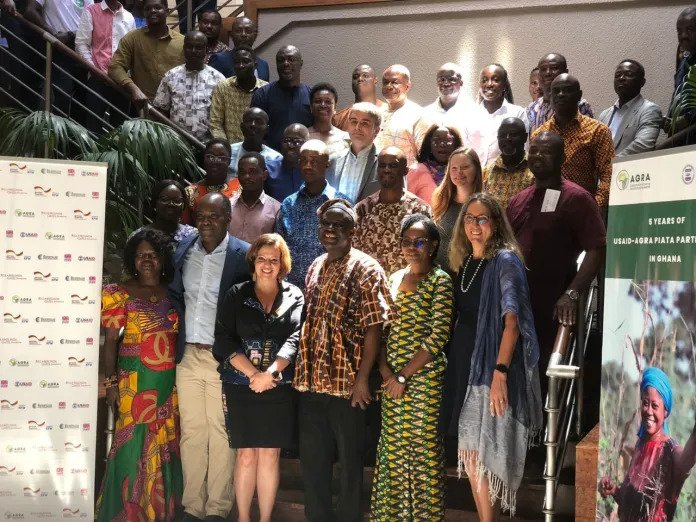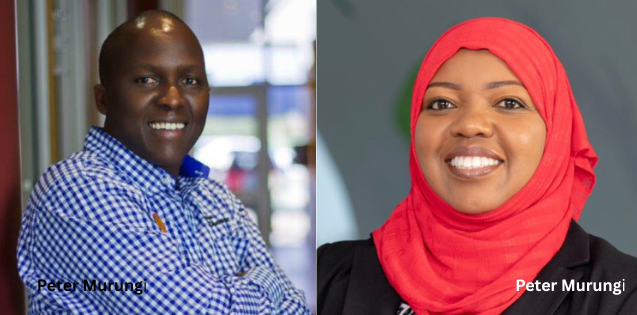
Ghana: Agricultural sector key to economic growth – Yaw Frimpong Addo
Deputy Minister for Food and Agriculture in charge of Crops, Yaw Frimpong Addo, has stressed the importance of sustainable growth in the agricultural sector to drive economic transformation.
The Deputy Minister emphasized that with Ghana’s population projected to increase by 4.3 million people between 2022 and 2027, a well-developed agricultural industry will continue to play a crucial role in providing food and jobs to stimulate economic growth.
Currently, the sector employs over 45% of the population and contributes about 21% of the country’s gross domestic product. However, low on-farm productivity and production, poor availability and access of farmers to quality agro-inputs, and limited access to credit continue to impede the sustainable growth and development of the sector.
To address these challenges and chart a pathway for accelerated development of the sector, the deputy minister called for strategic interventions to improve yields and production of food crops through an improved input supply system.
He spoke at the USAID-Green Revolution in Africa (AGRA) Partnership for Inclusive Agriculture Transformation in Africa (PIATA) learning event in Accra, where he emphasized the need for Ghana to invest in research and breeding, improve seed companies’ access to foundation seed, and coordinate investments in the seed industry to address the problems of fake seed, among other issues.
He added that, Ghana’s input subsector has undergone some significant changes in the past few years, including the establishment of the national seed and fertiliser councils and the emergence of a more diversified commercial seed and fertilizer sectors. He also highlighted recent developments that enhance Ghana’s ability to provide quality seed in commercial quantity for its major food crops, such as the enactment of new seed laws and the development of regulations for implementing the law.
Despite the opportunities mentioned, Mr. Frimpong Addo stressed that the seed production system in Ghana still faces few challenges arising from limited supply of breeder seed from research institutions.
He emphasized the need for strategic interventions to ensure a competitive seed sector and the availability of high-quality and affordable seeds on a timely basis for smallholder farmers in Africa.


















